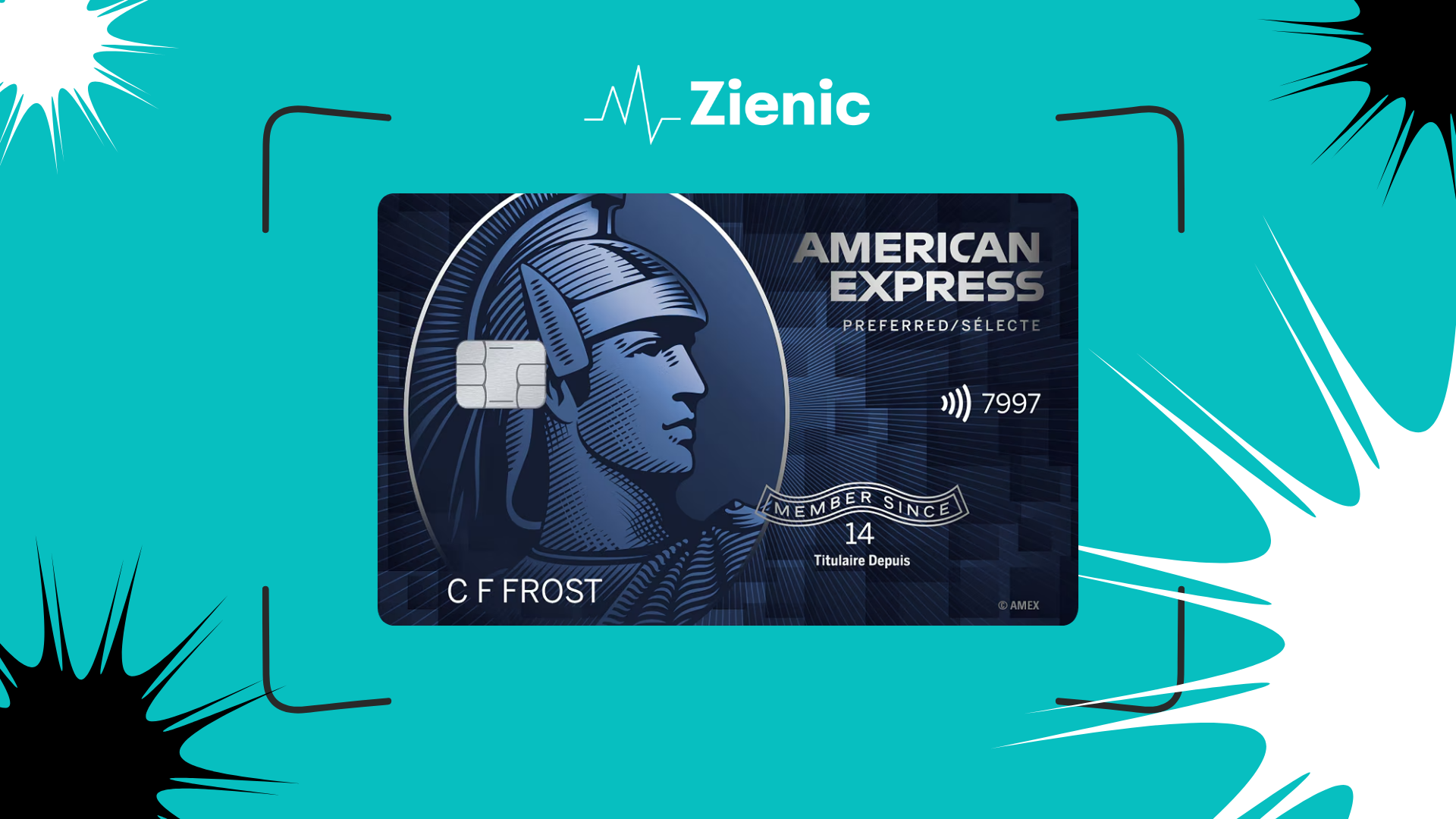Adoption is a profound, life-changing journey that requires emotional preparation. It’s not just about paperwork and legal procedures; it is about creating a loving and stable environment for both the child and the adoptive parents. In this guide, we explore the emotional aspects of adoption and help expectant parents find their way through this beautiful but complex area.
Understand Emotions
Before deciding to adopt, it is crucial to understand and manage your emotions. The desire to become a parent can sometimes overshadow the emotional challenges that adoption brings. Acknowledge your fears, expectations, and insecurities. Seek support from friends, family, or a professional who specializes in adoption advice. Emotional self-awareness is the first step in providing a secure emotional foundation for your future family.
Build a Support System
Adoption is a journey you should not take alone. Building a strong support system is key to dealing with emotional highs and lows. Connect with other adoptive parents through support groups or online communities. Share your thoughts, concerns, and successes. Learning from others who have walked a similar path can be incredibly comforting and inspiring.
Self-education
Knowledge makes people stronger. Take the time to understand the adoption process, including legalities, cultural factors, and potential challenges. Understanding the complexities of adoption can help you approach the process with realistic expectations and reduce the likelihood of emotional frustration.
Open Communication
Communication is the cornerstone of any healthy relationship, and it’s especially important when it comes to adoption. Ensure open and honest communication with your partners. Openly discuss your feelings, hopes, and concerns. This will not only strengthen your relationship, it will also create a united front as you embark on this transformative journey together.
Patience and Resilience
Adoption is not always a smooth process. Delays, uncertainties, and unexpected twists may occur. In these times, patience and resilience are your best allies. Embrace the unpredictability of the journey and know that every step forward is one step closer to expanding your family.
Celebrate Milestones
Amid the challenges, don’t forget to celebrate milestones big and small. From filling out the paperwork to meeting your child for the first time, every step is a victory that deserves recognition. These celebrations reinforce the positive aspects of your adoption journey and create lasting memories.
Embrace the Journey
As you navigate the adoption process, keep in mind to embrace the uniqueness of your journey. Every adoption story is different, shaped by personal circumstances, cultural differences, and the personalities of the participants. Instead of comparing your journey to others, focus on the incredible bonds you form with the children who are destined to be part of your family.
Seek Professional Guidance
In addition to emotional support from friends and family, consider seeking advice from an adoption professional. Social workers, counselors, and adoption agencies can provide valuable insight and help you prepare for the emotional aspects of adoption. Their expertise can help you navigate challenges and ensure a smooth transition for you and your child.
Create a Welcoming Environment
Preparing for the arrival of a new family member is an exciting and exciting part of the adoption process. Bring love into the physical spaces where children grow and flourish. Personalize their room, integrate cultural elements, and fill them with warmth and acceptance. Creating a welcoming environment goes a long way in fostering a sense of belonging.
Cultivate Emotional Connections
Building an emotional bond takes time and effort. Be patient in building a relationship with your adopted son. Engage in activities that promote connection, such as reading together, sharing stories, or creating special rituals. The more you invest in your emotional connection, the stronger and more resilient your family bonds will become.
Taking on Challenges Together
Every adoption process has challenges. Be prepared to go through it together as a family, from initial adjustments to potential identity-related issues. Open communication, understanding, and a willingness to learn will help you overcome obstacles and grow stronger as a family.
Celebrate Diversity
If your adoption involves accepting a different cultural background, take time to celebrate different traditions and incorporate them into your family life. Embracing and respecting a child’s cultural heritage not only enriches their identity but also fosters a sense of pride and belonging.
Share your Story
Consider sharing your adoption story with others, through a blog, social media, or a local community event. Your journey can inspire and provide valuable insights for others considering adoption. Sharing victories and challenges helps build a supportive community and reduce the stigma associated with adoption.
Conclusion
Preparing emotionally for adoption is an ongoing process that evolves with each stage of the journey. By embracing the unique aspects of your experience, seeking professional guidance, creating a nurturing environment, facing challenges together, celebrating diversity, and sharing your stories, you will not only prepare yourself emotionally, but you will also prepare for a more compassionate and understanding society. a contribution. The road to adoption can be an emotional roller coaster, but as long as you are prepared and stay open, the ultimate destination is a loving and fulfilling family.
FAQs
1. What is adoption?
Adoption is a legal process that creates a permanent, lifelong relationship between adoptive parents and a child who is not biologically related to them. It gives adoptive parents the same rights and responsibilities as biological parents.
2. How do I know if I am emotionally ready to be adopted?
Emotional preparation includes self-reflection, open communication with your partner, seeking support from friends and professionals, and understanding the challenges and joys associated with adoption. This is a personal journey that is different for every person or couple.
3. What types of adoptions are there?
Adoption can take many forms, including domestic adoption, international adoption, foster care adoption, and private adoption. Which type of adoption is right for you depends on your preferences, situation, and the needs of your child.
4. How long does the adoption process take?
The duration of the adoption process varies greatly. Factors such as the type of adoption, legal requirements, and personal circumstances can all affect the timeline. On average, the process can take several months to several years.
5. What are the emotional challenges of adoption?
Emotional challenges can include coping with infertility, managing expectations, addressing underlying attachment issues, and navigating the complexities of the adoption process. Seeking emotional support and being aware of these challenges can help expectant parents prepare.



